Neurotransmitters XL
We offer two types of tests; Lab Tests and Rapid Tests. This product is under the category Lab Tests. See all our Lab Tests by following the link.
See allWe offer several different options of testing methods. This test is done with Urine. See all tests done with Urine by following the link.
See allNeurotransmitters critically influence our emotions, behaviors, and mental health. The Neurotransmitter XL test by GetTested provides an in-depth analysis of key neurotransmitters, including Dopamine, Noradrenaline, Adrenaline, and Serotonin, as well as additional neurotransmitters like GABA and Glutamate. This advanced test extends to explore the Kynurenine Pathway, enzyme activities, catecholamine metabolism, important cofactors, and markers for stress and mitochondrial dysfunction. Designed to deliver a detailed neurotransmitter profile, it is an invaluable tool for understanding complex mental and physical health dynamics. Whether you’re dealing with stress, mental health challenges, or simply seeking a deeper understanding of your body’s biochemistry, this test offers comprehensive insights.
Please be aware that the test results are advanced and primarily intended for interpretation by doctors, clinics, and therapists. If you lack relevant medical knowledge, we highly recommend booking a consultation session to help you understand your results comprehensively.
- In stock
- At-home tests
- Fast delivery

Get 5% off on 2 Lab tests, and 10% off on 3 Lab tests or more.
Neurotransmitters measured
Additional neurotransmitters tested
Kynurenine Pathway
Enzyme activities
Catecholamine Metabolism
Important Cofactors
Tetrahydrobiopterin
Methyl-Group Donors
Stress and Mitochondrial Dysfunction
Mitochondrial Dysfunction
Immune Activation, Inflammations
About Neurotransmitters XL test
Please be aware that the test results are advanced and primarily intended for interpretation by doctors, clinics, and therapists. If you lack relevant medical knowledge, we highly recommend booking a consultation session to help you understand your results comprehensively.
FAQ
How is the Neurotransmitters XL test carried out?
How quickly will I receive my results?
When should I take the test?
Anything to consider before taking the test?
Does SSRI affect test result?
Example Report
Example of Neurotransmitters XL
Reviews
-
In-depth analysis; a revolutionary step towards understanding mental dynamics.
-
Embarking on the Neurotransmitters XL test journey was enlightening. The process, from receiving the neatly packaged kit to collecting the sample, was effortless, all thanks to the step-by-step guide. Receiving the results was a transformative experience. Understanding the diverse neurotransmitters and their implications shed light on many personal behavioral aspects. This test provides invaluable insights and serves as a starting point for deeper self-exploration and informed conversations with healthcare providers.
Related Products
-
DNA Brain Health Test
GetTested's DNA Brain Health test provides a detailed genetic analysis of 288 genes t...€ 179,00 Add to cart -
Food Intolerance 80 items
Do you have hypersensitivity to certain foods? Symptoms of food intolerance, unlike i...Original price was: € 129,00.€ 99,00Current price is: € 99,00. Add to cart -
Gut Microbiome Test XL
The Gut Microbiome Test XL is for those who really want to understand their health. W...€ 289,00 Add to cart
You may also like…
Trusted by over 10.000+ customers


“The home test was straightforward with easy to follow instructions. The test result was detailed and clear in its presentation. Also had the opport...”
Richard

“We looked at a lot of companies offering the same services but made the decision to go forward with get tested because the labs are based here in t...”
Natasha

“There are other providers out there, I have tried 3. Gettested was the fastest and the customer service was the best. I even received my test on th...”
Alan

“Absolutely perfect, results came after few days and finally after a lots of times visited GP, we finally know why my son has eczema - he is allergy...”
E

“I found them to be professional and not too long a wait for results. Helpful with any after questions. Will be using them again if need be. I highl...”
Eileen

“I really value my test and to see the results. It is a jungle when your health is online. So get accurate and precise knowledge is a gift, as it is...”




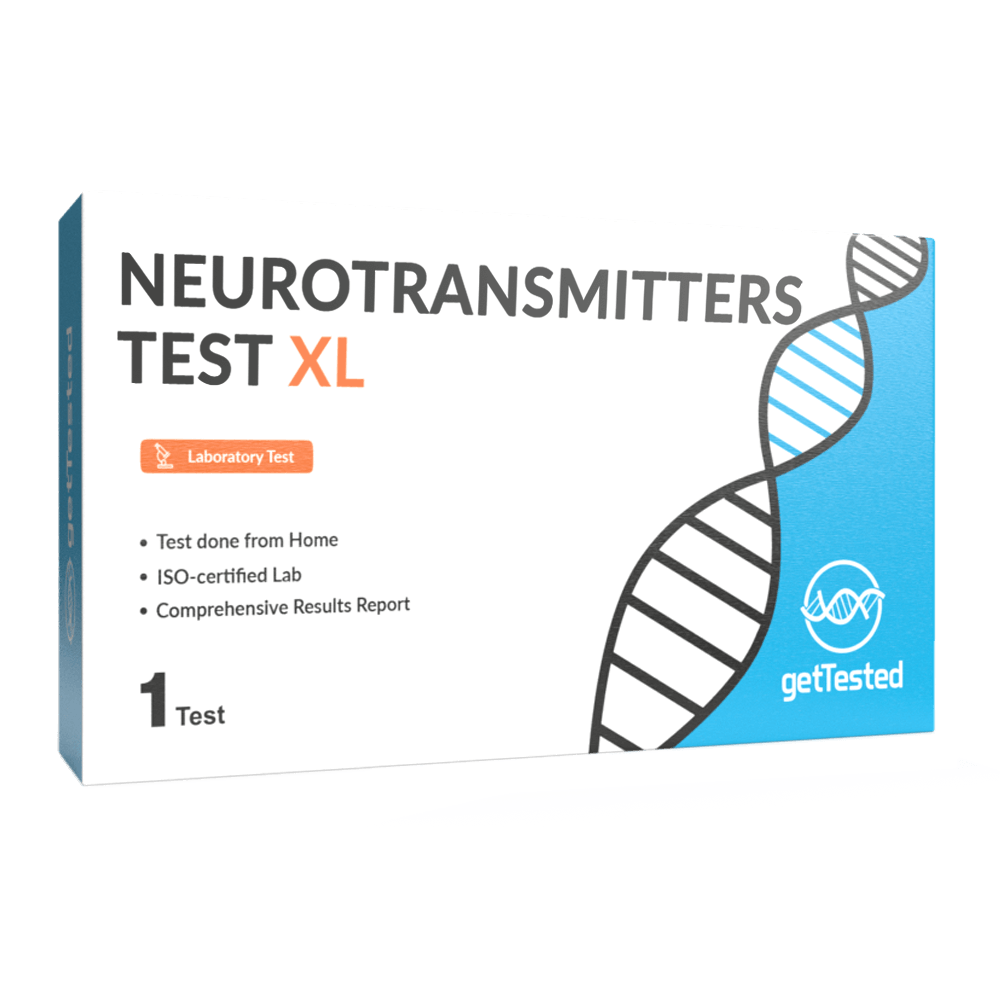


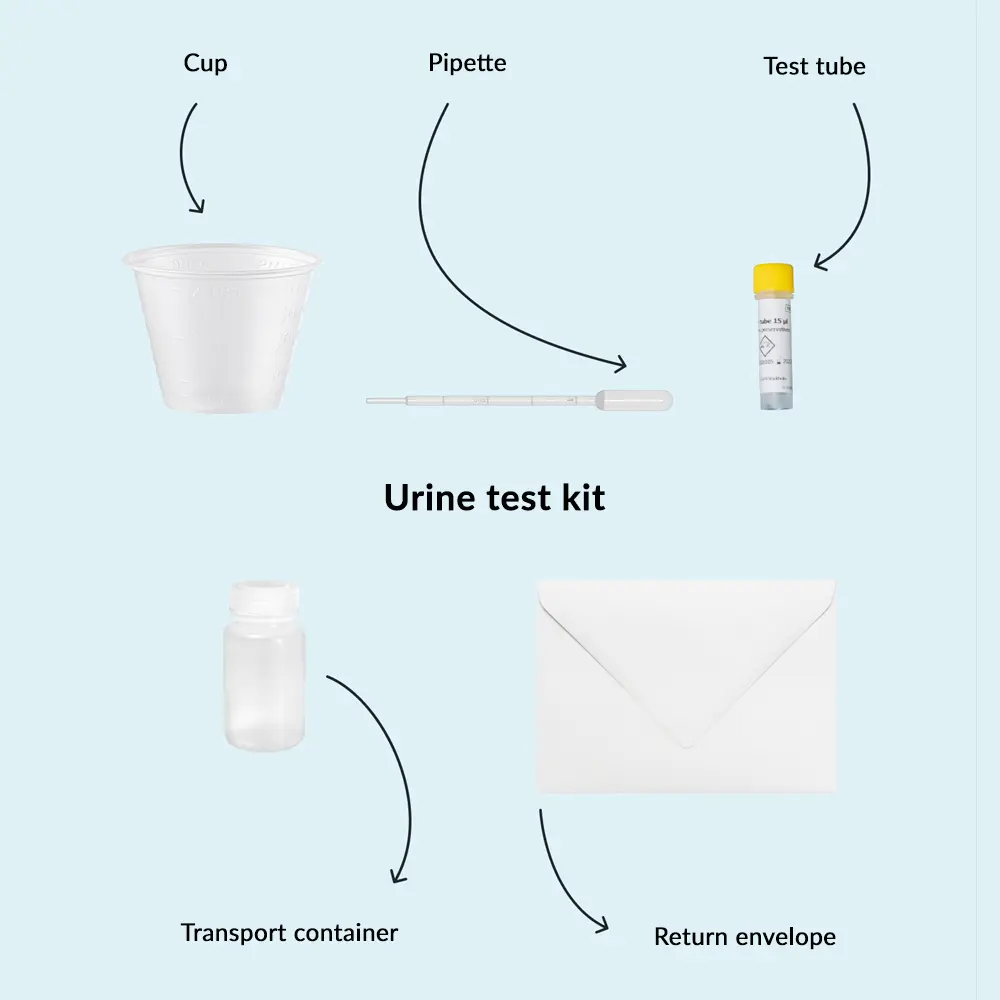
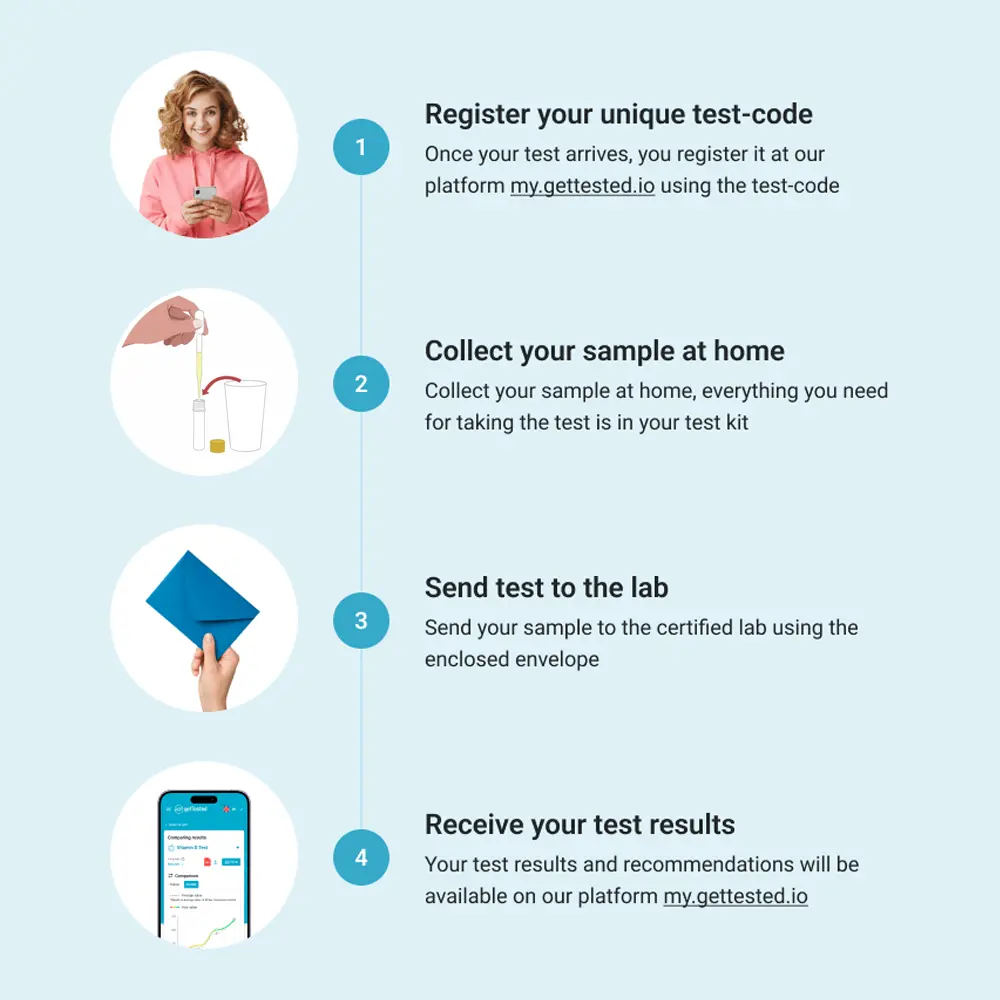



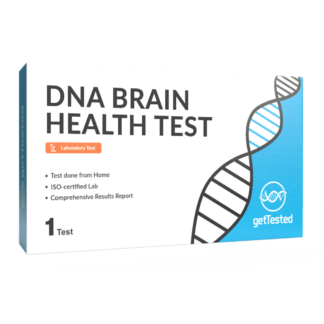
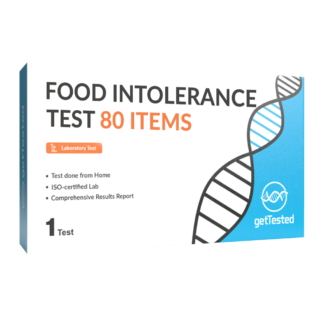
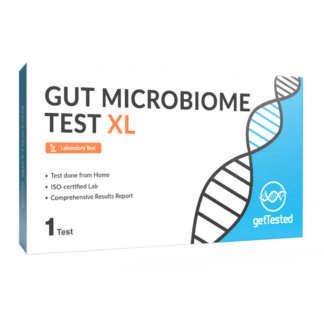
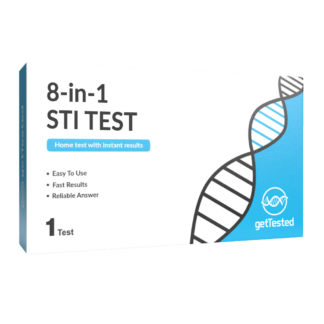
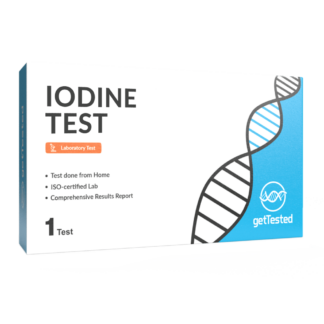
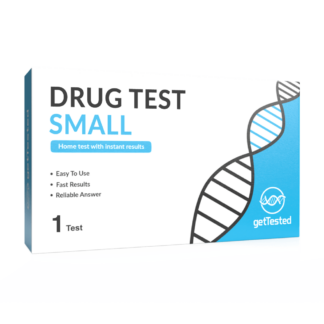













Leave a Reply